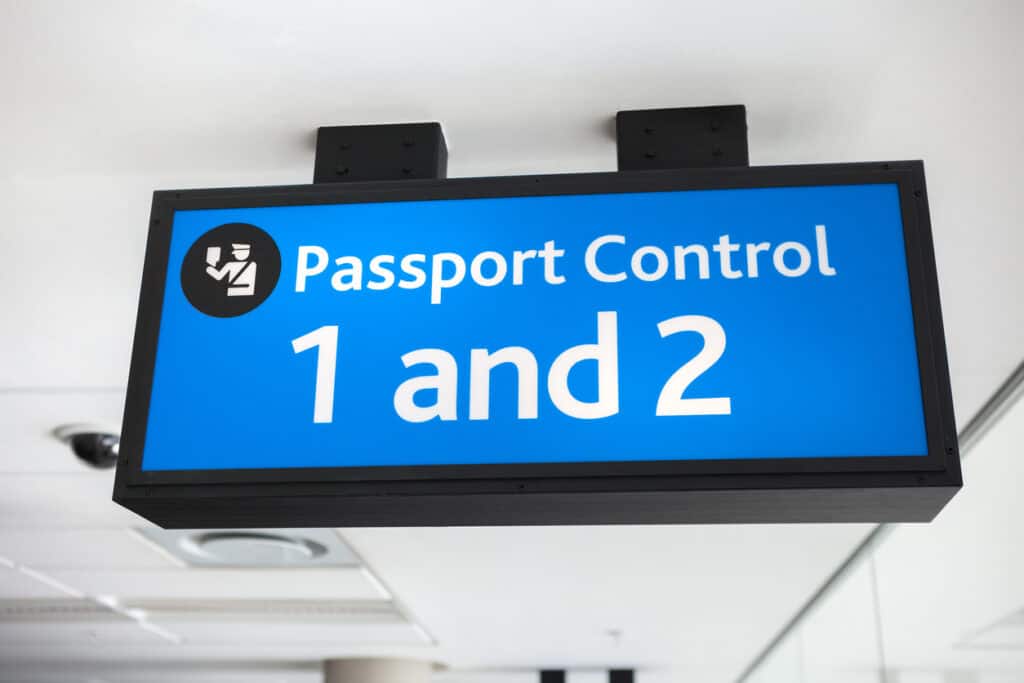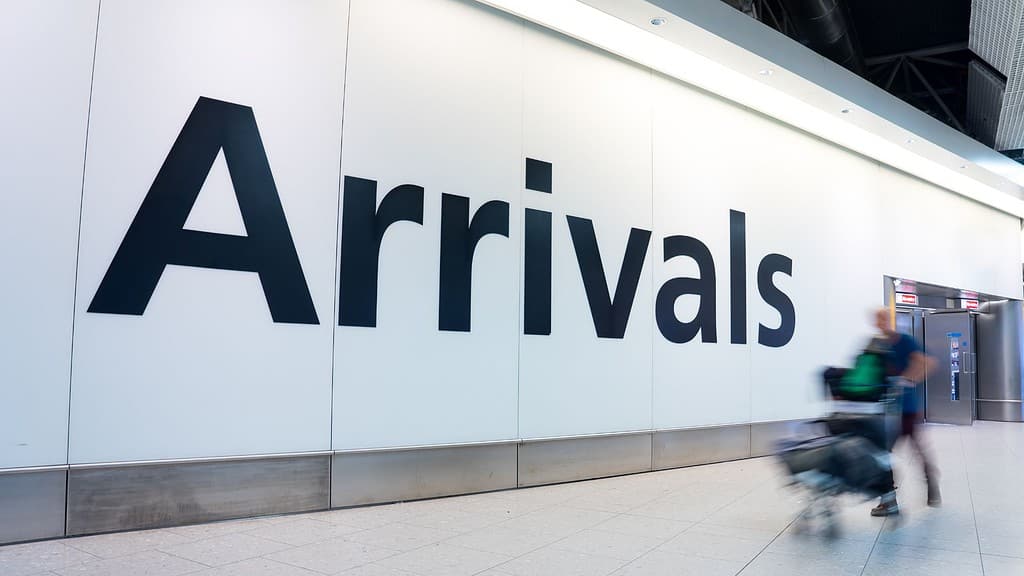CaSE has put its name to a joint-statement calling on government to ensure the UK continues to recruit highly trained technical staff in any post-Brexit immigration system.
International technicians vital for UK science and engineering
04 Dec 2017
This intervention aims to highlight the importance of international technicians in delivering world-leading research and training the UK’s future researcher workforce.
Under existing non-European Economic Area (EEA) immigration rules, many highly qualified technicians are in roles which are not classified as skilled enough to be eligible for working visas. If the same system were applied to EEA nationals post-Brexit, universities and research institutions across the UK could struggle to fill many technical roles with appropriately skilled staff.
CaSE has added its name to the statement alongside the Russell Group, Universities UK, the Universities and Colleges Employers Association, the Wellcome Trust, Cancer Research UK, the Science Council and the Institute of Cancer Research.
The full text of the joint statement is as follows:
In developing a future immigration system, government has an opportunity to review how it can best support the recruitment of people with skills needed in the UK, including technical skills that underpin world-class research and teaching in universities, research institutes and industry.
Technicians are vital to the success of the UK’s world leading research. They are a highly trained part of the workforce with a diverse range of expertise, providing essential support to research and knowledge transfer. Technicians directly contribute to research outputs – and their subsequent impact – and improve the efficiency of laboratory operations. Many also play a key role in building the UK’s future workforce by teaching and developing the technical skills students require to pursue a future career in research.
Although most are highly qualified, their skill level, according the current non-EEA immigration system, isn’t always high enough for them to be eligible for a working visa. If the same system were applied to EEA nationals post-Brexit, universities and research institutions across the UK could struggle to fill many technical roles with appropriately skilled staff.
Government’s commitment to technical education is important to address the skills gap in this area and meet the challenges that come with an aging workforce. Estimates suggest UK industry needs to recruit at least 70,000 new technicians every year to replace those retiring and to fill new positions and demand for STEM technicians is particularly acute. But growing the technical skills pipeline in the UK will take time and we will always need the flexibility to draw on the best technical talent from around the globe. The UK benefits significantly from tapping into new ideas, skills and innovative approaches developed overseas and this is as true in technical skills as it is in research more generally.
It is crucial that the UK’s immigration system supports recruitment from outside the UK to fill technician-level positions – which are vital to supporting research and education and for training the next generation of technical staff in the UK.
Commenting on the statement, CaSE Exectuive Director Dr Sarah Main said:
The Government’s determination that the UK remains open to ‘the brightest and the best’ must translate into policy that allows us to attract highly skilled technicians to the UK. Therefore care must be taken over criteria such as salary and occupational classification to ensure the UK doesn’t score an unintentional own goal.
Related resources

A week on from the publication, Policy Manager Camilla d’Angelo takes a look at some of the questions that remain to be resolved and what to expect next for the Immigration White Paper.

Policy Manager Camilla d’Angelo takes a look at what the Immigration White Paper means for attracting international R&D talent to the UK.

In advance of the forthcoming Immigration White Paper, CaSE and 35 other organisations have written to select Westminster Parliamentarians.

This briefing summarises attitudes to immigration, international students and researchers, and their impact on UK R&D. It is based on evidence from a nationally representative survey of 4,100 UK adults in June 2024 and two focus groups in December 2024.